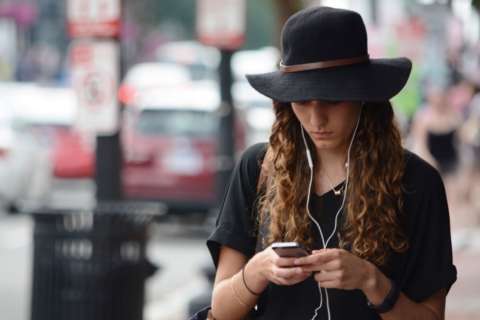WASHINGTON — If you’re getting more robocalls, you are not alone.
A consumer survey by D.C.-based B2B research firm Clutch found 52 percent reported receiving at least one robocall a day, and nearly 40 percent reported multiple robocalls a day.
The reasons for the proliferation of annoying automated solicitation is that technology has made it cheap, and, the sheer volume of consumers they reach make them effective.
“I can go to a website, upload an audio file, put in a range of phone numbers, use a prepaid debit card and annoy an entire city for $400 or $500,” said Alex Quilici, CEO of YouMail, a service for blocking robocalls.
“When it is that easy to commit a crime, criminals will commit it,” he said.
“Robocalls are easy for scammers, and the dropping cost means that even if a robocall is only successful with one out of every 500 calls, that can still make financial sense,” said Riley Panko at Cutch.
Marketers and scammers are getting better at getting you to pick up in the first place. One trick is using something called “neighbor spoofing.”
“These robocallers will pretend to be calling a local area code and it will make someone feel like it could be a neighbor or a local business calling them, and they are more likely to pick up,” Panko said.
Robocalls work, too.
In Clutch’s survey, 21 percent who’d answered a robocall admitted to either accidentally or intentionally giving their private information.
About one-quarter of robocalls are about health topics.
Clutch included 687 phone owners who said they had received a robocall to analyze the frequency and topics.







